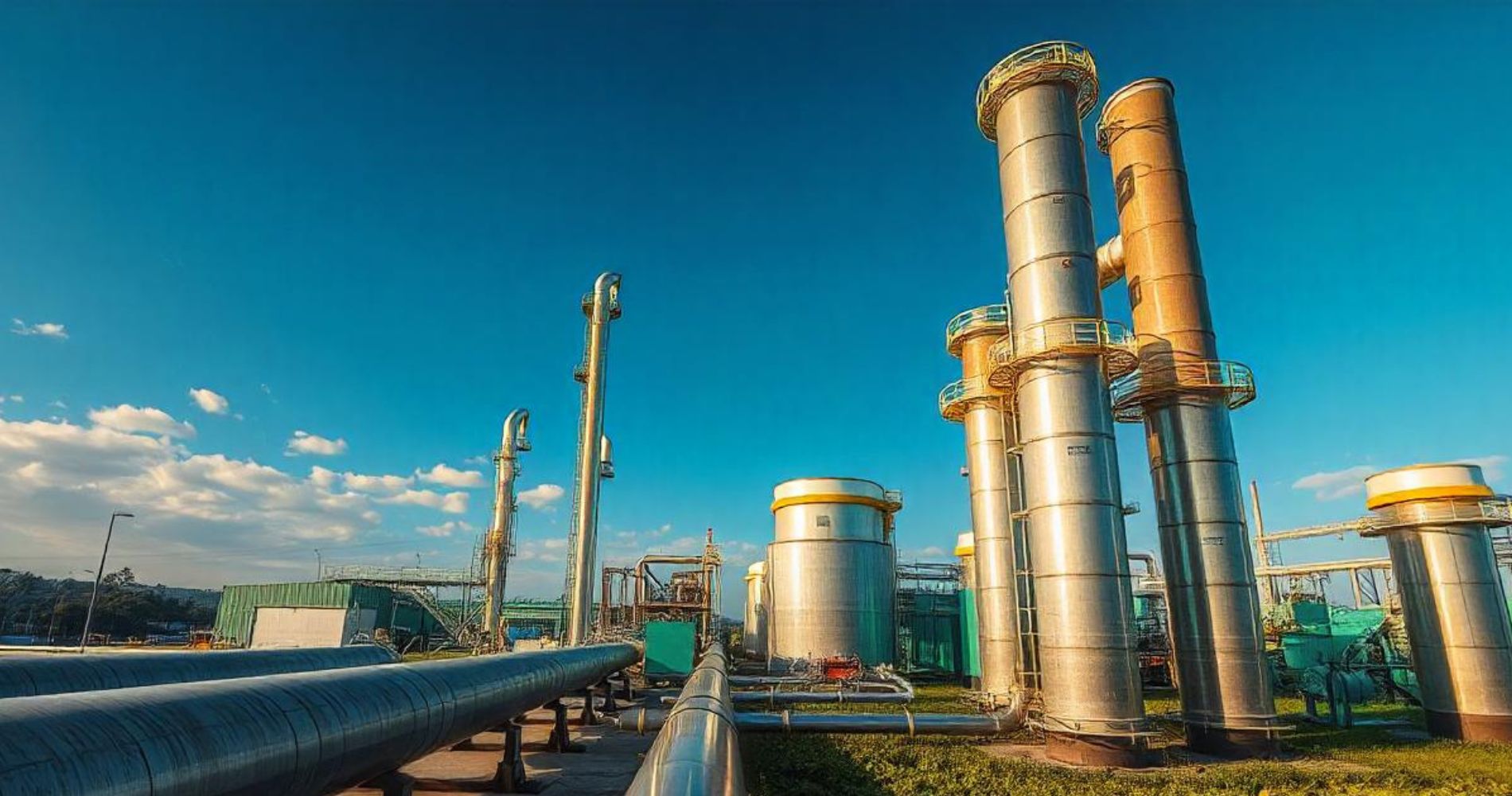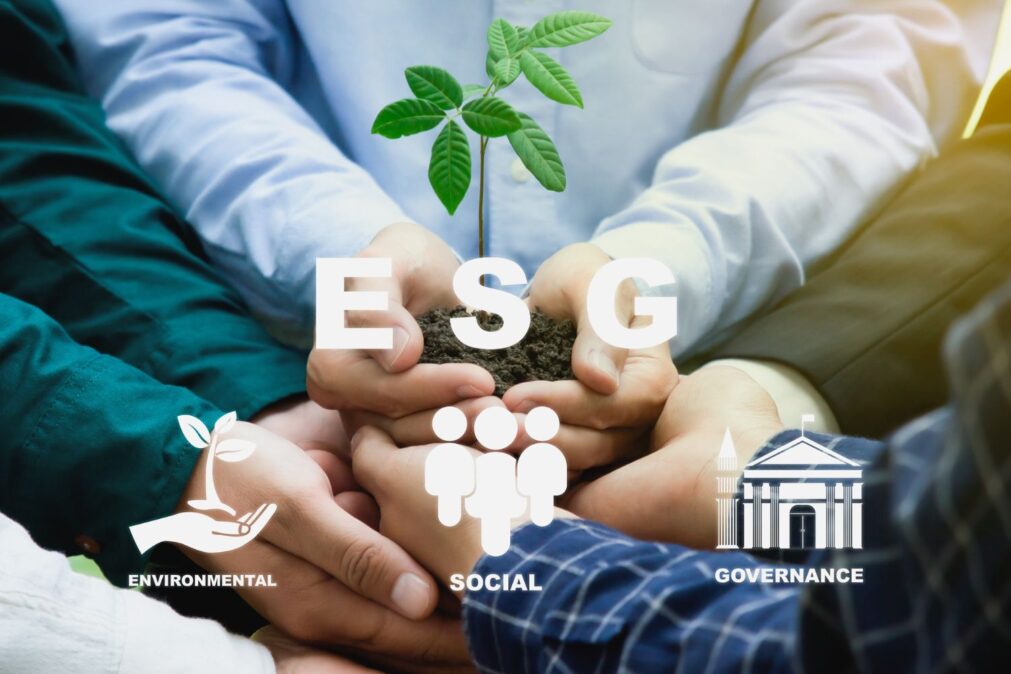The country invests in renewable biofuel to boost sustainable economy and reduce carbon emissions.
Brazil, recognized for its diversified energy matrix, is intensifying investments in biomethane, a renewable biofuel produced from organic waste. This initiative aims to strengthen the sustainable economy and reduce greenhouse gas (GHG) emissions, aligning with global decarbonization goals.
Biomethane is obtained through the purification of biogas, generated by the anaerobic decomposition of organic materials such as agricultural, industrial, and urban waste. In Brazil, biogas production has grown by approximately 87% in the last ten years, demonstrating the national market’s increasing interest in the sector, according to Panorama de Biometano.
Currently, the country produces approximately 1 million cubic meters of biomethane per day. Projections indicate this number could reach 7 million cubic meters daily by 2029, a 600% increase. This growth is driven by investments in new plants and the expansion of existing infrastructure.
Gás Verde, the largest biomethane producer in Latin America, plays a crucial role in this scenario. The company transforms polluting gases from landfills into renewable electricity and biomethane, promoting the circular economy and reducing GHG emissions.
In 2023, Gás Verde announced investments of BRL 600 million to expand its production in five states: São Paulo, Minas Gerais, Bahia, Pernambuco, and Maranhão. The acquisition of ENC Energy, a Portuguese company with eight biogas power plants, will allow Gás Verde to convert these plants into biomethane production facilities by 2026, significantly increasing its production capacity.
With these investments, Gás Verde aims to increase its production from 160,000 cubic meters daily to over 500,000 by 2026, meeting the growing demand of companies seeking to reduce their carbon footprint.
Biomethane regulation in Brazil is established by resolutions of the National Agency of Petroleum, Natural Gas, and Biofuels (ANP). ANP Resolution No. 886/2022 defines the specifications and rules for biomethane derived from landfills and sewage treatment plants, intended for vehicle use and residential, industrial, and commercial installations.
Additionally, ANP Resolution No. 906/2022 sets forth the specifications for biomethane derived from agricultural, forestry, and commercial organic products and residues, expanding the possibilities for the production and use of this biofuel.
The use of biomethane presents significant environmental benefits. As a renewable fuel, its combustion results in neutral or negative carbon emissions, contributing to GHG reductions. Furthermore, biomethane production promotes the proper management of organic waste, minimizing environmental impacts associated with improper disposal.
Replacing fossil fuels with biomethane could contribute to a reduction of 5.6 million tons of CO₂ equivalent toward São Paulo state’s decarbonization targets by 2050, representing 3.7% of the established goal.
Biomethane is fully interchangeable with natural gas, allowing it to use existing infrastructure in the country and serve a wide range of applications that already rely on fossil gaseous fuels, such as the industrial, transportation, and energy generation sectors.
Companies across various sectors are adopting biomethane as a sustainable alternative. For example, Ambev uses biomethane from Gás Verde to produce beer at one of its factories in Rio de Janeiro. Saint-Gobain also replaced natural gas with biomethane supplied by Gás Verde in its plants in Brazil.
Despite its potential, the expansion of biomethane in Brazil faces challenges, such as the need for investments in infrastructure and public policy incentives. However, initiatives like the Metano Zero Program, launched by the Federal Government, which envisions the construction of 25 new biomethane plants with investments exceeding BRL 7 billion, indicate a promising path.
The Brazilian Biogas Association (ABiogás) estimates that, by 2029, the country will have 90 biomethane plants, resulting in significant sector growth. With governmental support and private sector engagement, biomethane has the potential to become a strategic energy source in Brazil’s green transition.
In summary, investment in biomethane represents an opportunity for Brazil to align economic development with environmental sustainability, reaffirming its commitment to energy transition and carbon emission reductions.







